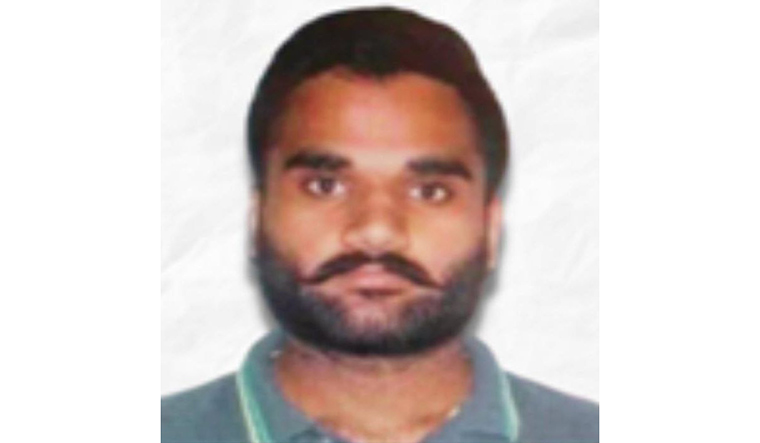The biggest thorn in India-Canada ties has been the Khalistan issue, which remains the elephant in the room every time the nations have tried to come close. But counter-terror agencies of both countries are discussing ways to improve coordination in investigations, says Corporal Kim Chamberland of the Royal Canadian Mounted Police in an exclusive interview with THE WEEK. The challenge, however, is to bring back gangster-terrorists hiding on Canadian soil. Excerpts:
Q/ How robust is the security cooperation between India and Canada?
We work closely with our international partners and maintain strong relationships with law enforcement agencies around the world, including with India’s National Investigation Agency. In November 2021, the RCMP met with the NIA in Ottawa to discuss ways to better coordinate investigations on entities suspected of terrorism or other criminal matters. In May 2022, RCMP members participated in a joint workshop with the NIA in Delhi, covering information sharing, investigative collaboration and tools to combat terrorism. The purpose of these meetings was to continue to strengthen relationships and to discuss operational files.
Q/ What is the mechanism to handle requests by Indian agencies for extradition or deportation of persons accused of terror acts in India?
In Canada, the process for extraditions rests with the International Assistance Group (IAG), which reports to the Department of Justice. For deportations, the process rests with Canada Border Services Agency (CBSA). Law enforcement agencies are engaged to assist the IAG or the CBSA, which have mechanisms in place to handle such requests.
Q/ There is concern that despite Interpol Red Corner Notices, certain terrorists or gangsters are taking shelter in Canada.
In order to assist any foreign authority, the RCMP must first receive an official request and supporting documentation through the appropriate channels. Interpol is the first point of contact for many countries pursuing an international investigation. It does not actively investigate crimes. It serves as a conduit for member countries to share information and seek assistance in criminal investigations in their respective jurisdictions.
A Red Corner Notice is a request to law enforcement worldwide to locate and potentially effect the provisional arrest of a person pending extradition, surrender or similar legal action. It is not an international arrest warrant. The individuals are wanted by the requesting member country or international tribunal. Member countries apply their own laws in deciding whether to arrest a person. Once the RCMP is made aware of an individual through those channels, it will use a number of assessment tools to determine whether there is any indication of criminality, whether the criminality is within our mandate, and what risk they may pose. Because of privacy concerns, we cannot comment on individual cases.
Q/ Do you agree there is a threat from Khalistani extremists on Canadian soil?
The national security programme of the RCMP investigates persons who are suspected of being engaged in criminal activity, including offences related to terrorist entities, under the national security and terrorism mandate. The RCMP does not comment on or investigate movements or ideologies. Our investigations target criminal activity of any individuals who threaten the safety and security of Canadians.
Q/ Alleged gangster Goldy Brar, accused of killing rapper Sidhu Moose Wala, is said to be living in Canada.
The RCMP is aware of the reports involving Mr Brar, including that he may be residing in Canada. The RCMP will not provide any comment at this time.


